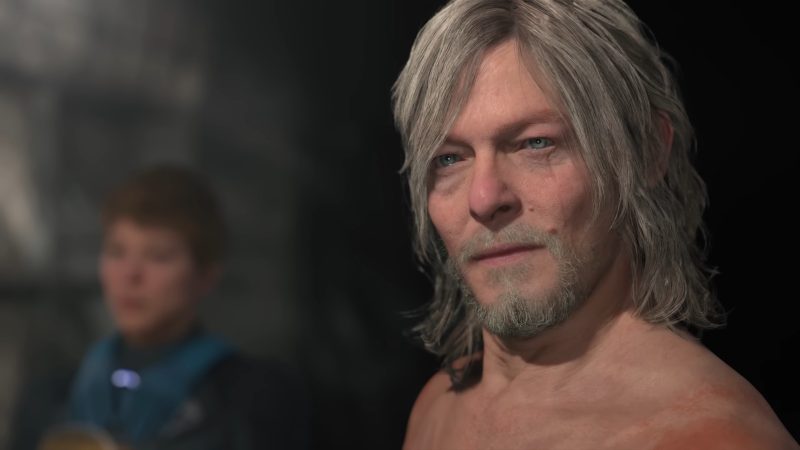As the world recalibrates after enduring the ravages of the COVID-19 pandemic, the gaming landscape has likewise shifted in fascinating ways.
Hideo Kojima, the founder as well as director of Kojima Productions and creator of the Death Stranding franchise, has given us insights into how the global crisis has influenced the development and themes of Death Stranding 2, his upcoming sequel.
This look into Kojima's creative process and the thematic evolution of Death Stranding 2 offers an opportunity for us to be more appreciative the broader implications of our shared experience in reshaping cultural artefacts.
A recent conversation with J-Pop idol Nocchi of the group Perfume for the Japanese outlet Music Natalie, revealed that the sequel to the critically acclaimed game Death Stranding will redefine the concept of "strand" and connectivity. The first title posited connection as the cornerstone of societal reconstruction. However, the pandemic made Kojima Productions rethink this idea. They felt the surge in "remote and other pseudo-connections" failed to fully encapsulate the complex human need to interact and engage with the physical world.


